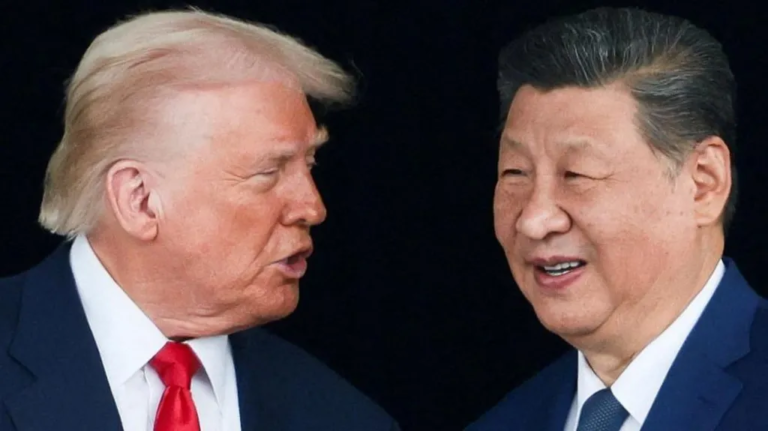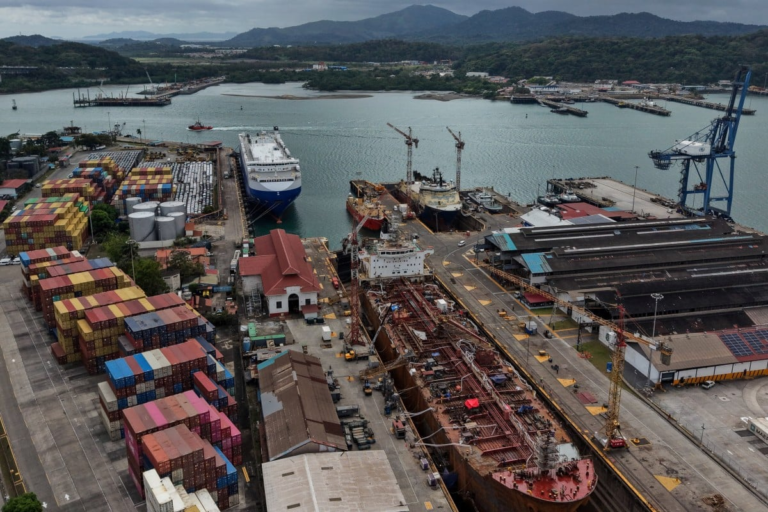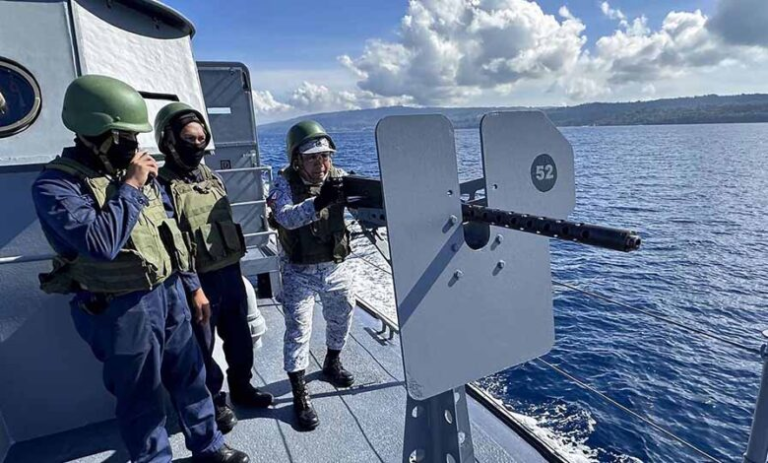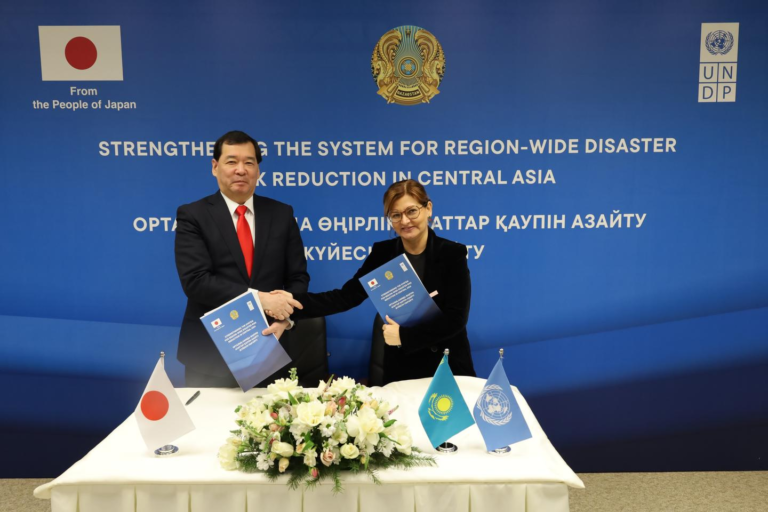
General Secretary Xi Jinping clearly wants to prepare China for a war over Taiwan. The measures he is taking to ready its people, economy, legal system, and especially its military are clear for everyone to see. The best way to dissuade him from actually rolling the iron dice is for Washington and Taipei to work together, because neither can stop Beijing on their own. It would be a fool’s errand for Taiwan to resist a Chinese military onslaught without its chief patron and protector. And the United States needs Taiwan to hold on and hold out long enough for the U.S. military to arrive in decisive force.
Unfortunately, this is easier said than done. Many Taiwanese citizens question whether America will actually defend them. Washington’s long standing posture of strategic ambiguity is obviously one source of skepticism. But even strategic clarity toward Taipei will not solve the problem. The fact is that Washington and Taipei have a long and complicated relationship. Taiwanese voters know the United States has a long history of turning its back on them in their moment of need.
Thus, there is no question that the United States should take steps to address Taiwan’s understandable lack of faith in America’s commitment. A sensible first step is to address the backlog in arms deliveries to Taiwan, as two Kuomintang legislative staffers recently argued in these pages. And there are a range of other things Washington can do to demonstrate that it is serious about Taiwan.
But increasing Taiwanese faith in American credibility is only part of the solution. The Taiwanese people must also believe that they have what it takes to withstand a Chinese onslaught. Neither faster arms deliveries nor higher defense spending will instill this much needed self-confidence.
So, what will? Transforming the culture of the Taiwanese armed forces, especially its officer corps. As a former marine who trained Taiwanese units and a retired Taiwanese naval officer educated in the United States, we understood all too well that Taiwan’s military remains a profoundly unserious organization. It is not ready to wage war. And the Taiwanese people know it.
Therefore, any effort to enhance cross-Strait deterrence must start with the culture of its officer corps. Taiwan needs uniformed leaders who are willing to address hard truths, embrace innovation, and place strategic thinking above parochial interest, legacy systems, and bureaucratic convenience. To get from here to there, Taiwanese President Lai Ching-te ought to trim the bloated ranks of his general and flag officer corps and insist that the military finally produce a coherent blueprint for mounting a genuine, asymmetric, whole-of-society defense of Taiwan. The Lai administration should insist on — and the Kuomintang-dominated Legislative Yuan will need to support — the creation of institutional mechanisms to enhance civilian control over the military. Washington can and should help by addressing the arms backlog, if only to prevent Taiwan’s Ministry of National Defense from using it as an excuse; toning down public demands for dramatically higher defense spending; making it clear that other forms of support are conditional on efforts to address these cultural problems; and helping the Lai administration develop a coherent blueprint for asymmetric defense.





